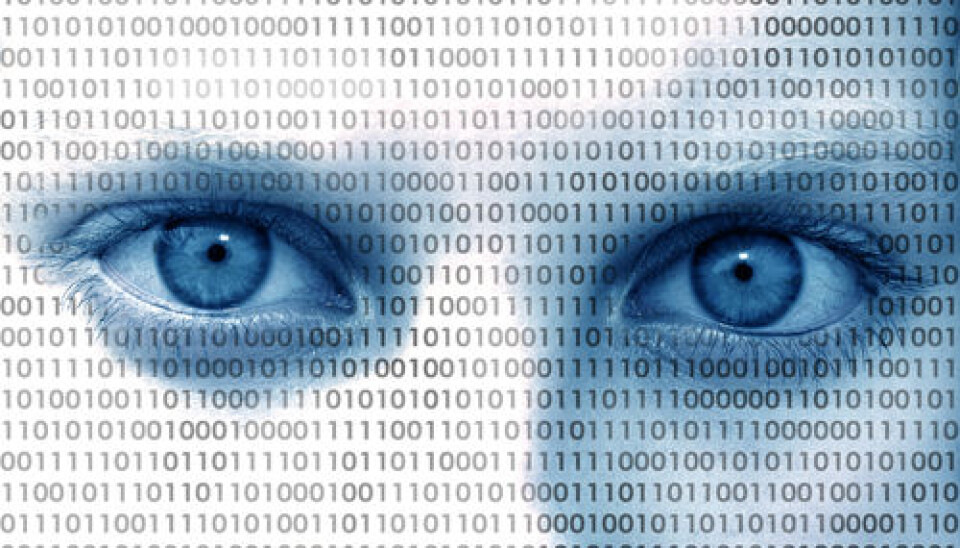
Researchers to reveal the dangers of ‘Big Data’
Information ranging from state secrets to your medical history is stored in large databases. ‘Big Data’ is a big deal. But the implications of the collection, storage and use of massive amouts of data about us all has yet to be uncovered. A new research project aims to identify what risks Big Data pose.
Every time you buy something, write an email or open a webpage, it is most likely being logged by companies and authorities. They use the information to find patterns of behaviour, for example, how likely we are to buy a special shampoo or to commit a crime.
The rewards of big data are irresistible - however, the consequences for society are yet to be truly understood.
A new research project, led by Kristin Veel, a postdoc at the Department of Arts and Cultural Studies at the University of Copenhagen, aims to identify the risks related to Big Data. She is taking a new, humanstic approach to the subject.
“Big Data is something that impacts how we live in the world and how our social infrastructure works,” says Veel.
Anders Albrechtslund, Associate Professor at Aarhus University’s Department of Aesthetics and Communication, welcomes the idea that Big Data – a field normally dominated by computer scientists and economists – will now be researched through the perspective of humanities.
“The concept of data is relevant in many areas today, but humanistic research – that is, the attribution of value and giving conceptual meaning – is not something that has been focused on much. It's a good thing that it will be looked at from a humanistic angle,” says Albrechtslund.
State Secrets and Personal Leaks
In the study, Veel will look at a range of examples of how big data can pose risks that we have previously been unfamiliar with.
These risks include who has access to data, how data can be leaked, and whether it is interpreted correctly.
Veel’s research will cover personal information contained in our email and social media, that Edward Snowden revealed we also share with the NSA, as well as the lack of security in data storage, as in the WikiLeaks case, or when databases containing personal information are leaked, such as in the 2006 case of the internet service provider AOL, when search keywords from 650.000 users were released online by accident.
But even when data is secure, errors can arise through misinterpretation, and access to data in itself can cause events to play out differently.
Veel mentions the collapse of the financial group Lehman Brothers that launched the financial crisis in 2008, which caused a faster-than-anticipated chain reaction because of the automated data-based algorithms that currently control a large part of the stock trade.
Humanities research is important
The research is not only about identifying the risk of using big data. It is just as much about understanding how society relates to the risks that come with all the advantages.
“Our goal is to identify the different types of risk and safety perceptions and to understand what the general population is exposed to,” says Veel.
Albrechtslund believes the debate on big data is important, especially from a humanistic angle.
“The humanistic perspective can add nuance to these issues. The debate on big data quickly becomes polarized between the excited and the worried. I think a project like this can help formulate the right questions and create a better framework for the discussion,” concludes Albrechtslund.
----------
Read the original story in Danish
Translated by: Zoë Robertson









